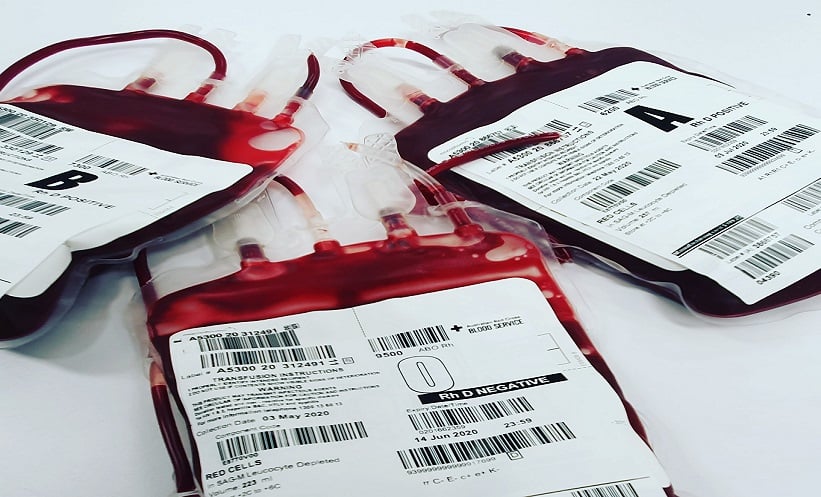INNOVATIVE gene therapy has been shown to promote transfusion independence in 90% of patients with transfusion-dependant β-thalassaemia. β-thalassaemia is a hereditary blood disorder characterised by decreased haemoglobin (Hb) in red blood cells due to reduced (non–β0) or absent (β0 ) β-globin chain synthesis. In its most severe form, β-thalassaemia can only be managed with regular blood transfusions and iron chelation to maintain the minimum Hb haemoglobin concentration in red blood cells. Allogeneic haematopoietic stem cell transplantation remains the only viable cure option to repristinate normal blood cell synthesis in transfusion-dependant β-thalassaemia. However, finding suitable allogeneic donors remains a challenge, as does the risk of graft-versus-host disease, highlighting the need to find new, improved treatments.
In this context, gene therapy has emerged as a possible candidate. More specifically, a ground-breaking study evaluated the efficacy of Betibeglogene autotemcel (beti-cel) gene therapy in patients with transfusion-dependent β-thalassaemia. This Phase III study involved a cohort of 23 patients with both a non–β0 and β0 genotype, who received the beti-cel gene therapy with a median follow-up of 29 months. Co-author Jennifer Schneiderman, Ann & Robert H. Lurie Children’s Hospital of Chicago, Illinois, USA, explained: “Patients undergo collection of their own stem cells, which are sent out for manufacturing, and upon return the patient is admitted for chemotherapy and infusion of the gene-modified cells. The goal is that once the cells begin working, normal Hb production will occur, rendering the patient transfusion independent.”
The results showed that 91% of patients evaluated achieved transfusion independence, including 86% of paediatric patients (<12 years of age). Additionally, the treatment proved as safe as busulfan-based myeloablation, used as a treatment to suppress blood cells production in preparation for bone marrow transplantation.
The authors concluded: “These data suggest that in most patients with transfusion-dependent β-thalassemia and a non–β0/β0 genotype, one-time infusion of beti-cel is potentially curative through transfusion independence and the attainment of near normal Hb levels.”







